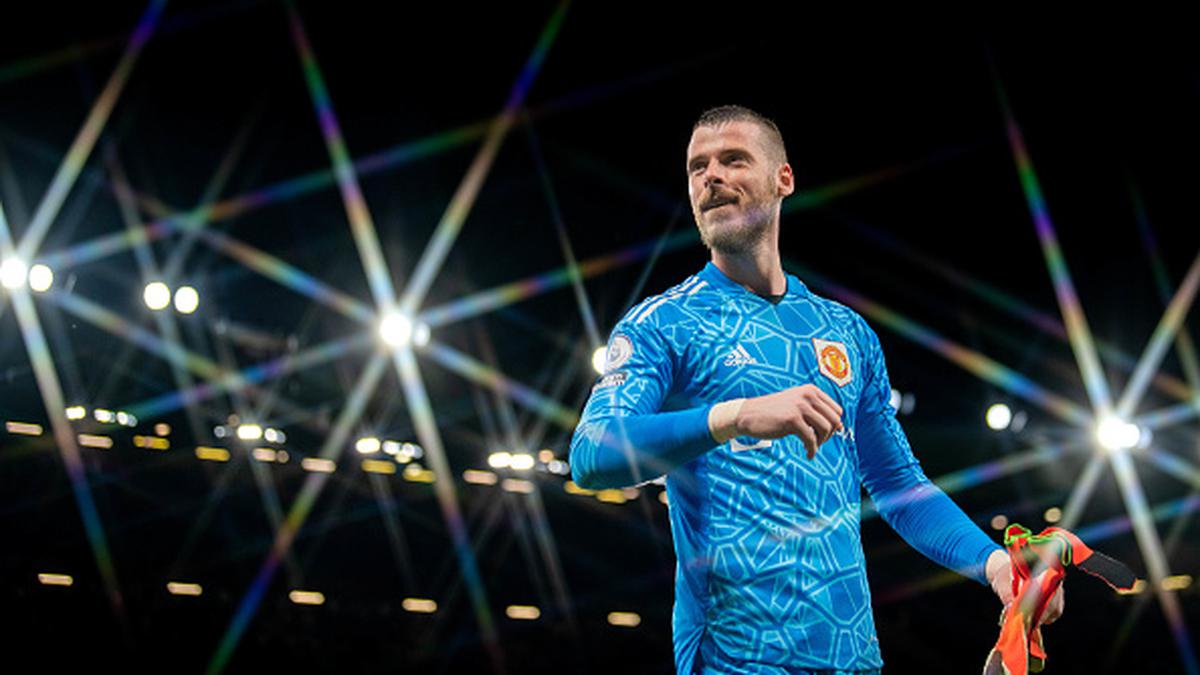
David de Gea’s complicated Manchester United legacy Premium
The Hindu
In the 12 seasons that David de Gea served as Manchester United’s No. 1 between the sticks, the role of the goalkeeper — or at least the manner in which it is interpreted by elite teams coached by cutting-edge tacticians — appears to have evolved beyond him. At his best, the Spanish goalkeeper saved his team’s blushes — he often stepped up in the difficult post-Ferguson years. But with howlers creeping into his game and a weakness with the ball at his feet stifling the club’s attempts to modernise its play, an exit became inevitable
In the 12 seasons that David de Gea served as Manchester United’s No. 1 between the sticks, the role of the goalkeeper — or at least the manner in which it is interpreted by elite teams coached by cutting-edge tacticians — appears to have evolved beyond him.
Manchester City manager Pep Guardiola, analysing Inter Milan ahead of the Champions League final last month, spoke of how his team’s pressing scheme would have to change from the one used against United in the FA Cup.
“When you have a keeper, [Andre] Onana, it is difficult to make a high press properly because you cannot press a keeper like that,” he said. “It’s different [from] United, for instance.” Notably, Onana’s footwork and passing were repeatedly cited by Guardiola among Inter’s key strengths.
At his best, De Gea was a match-winning shot-stopper with the agility and speed of reaction to pull off astounding saves. In recent years, however, he has looked like a player out of his time as football has demanded more from keepers, with City and Liverpool two standout examples of how the position has been transformed.
England’s two most dominant teams of the past five years have been built on the ball-playing qualities of their keepers. Ederson, at City, and Alisson, at Liverpool, look as comfortable with the ball at their feet as they do with their hands. Their composure in possession and the precision of their passing add another dimension to their teams.
They are effectively an 11th outfield player at times and it can feel like their teams have an extra man in defence with their ability to step out of goal and double up as a sweeper when required. Their long-range passing can be a valuable weapon in attack, but it is more their prowess in building out from the back that is fundamental to the style played by Guardiola and Jurgen Klopp.
United has not had that option with De Gea in goal and increasingly there has been a sense that it has held the team back in attempts to modernise its play. While United has had some success with the Spaniard, its level has not come close to reaching the heights of City or Liverpool.













